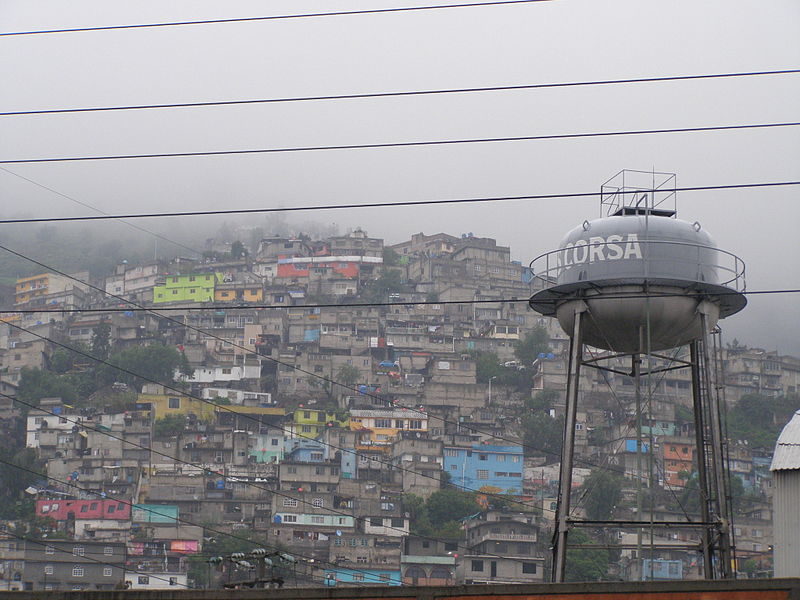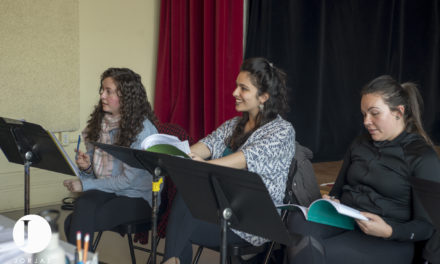Showing at the Teatro Hispano GALA in Washington, D.C. from February 2nd until the 26th, 2017 and the performances will take place Thursdays, Fridays, and Saturdays at 8p.m. and Sundays at 2p.m. A simultaneous translation will be projected on a screen for viewers who do not speak Spanish. The play will be directed by Hugo Medrano.
The play is a postmodern piece—written by one of Mexico’s foremost playwright, Emilio Carballido (1925-2008), and translated into English in 1971 by William I. Oliver—that depicts the lives of the socially downtrodden in Mexico City in 1960s. The central issue around which the play revolves is the derailment of a train by two teenagers: Toña and Polo. According to critics such as Mary Vázquez Amaral, the flower in the title represents the complex existence of humanity as well as the multiple facets of reality. These metaphors are developed in the play through a series of characters that provide their personal perspective on the derailment.
The various opinions reveal the prejudices of each of the interlocutors, from the teacher and other members of society who blame the parents for neglecting their children, to the predictable Marxist and Freudian interpretations, the kids’ mothers who blame the absent father, as well as newspaper headlines that preface the characters’ multiple takes. This array of positions is interspersed with the views of the Medium, who offers poetic explanations, at times impossible to discern, but always profound and thought-provoking.
The episodic quality the interpretations, as well as the dramatic use of lights and sounds create a Brechtian atmosphere that does not allow the audience to get emotionally involved with the plot line. Instead, the theatrical techniques invite spectators to engage intellectually and to either form and their own opinion about the event or to analyze each interpretation individually.
Even though Carballido’s plays dramatize socio-political issues, he used to claim that he did not write to change society because the job of a writer is not to denounce problems, but to create beautiful works. He believed that a playwright does not start writing with the intention to condemn or denounce his society, but rather that the plays reflect writers who are socially committed and have ethical concerns. Carballido wrote his first play in 1946 and continued writing up until his death in 2008. He is the author of several dozens of plays, more than 50 film scripts, nine novels, and several volumes of short stories.
For the overview of the play, go to OutoftheWings.org
This post was written by the author in their personal capacity.The opinions expressed in this article are the author’s own and do not reflect the view of The Theatre Times, their staff or collaborators.
This post was written by Margarita Vargas.
The views expressed here belong to the author and do not necessarily reflect our views and opinions.


















